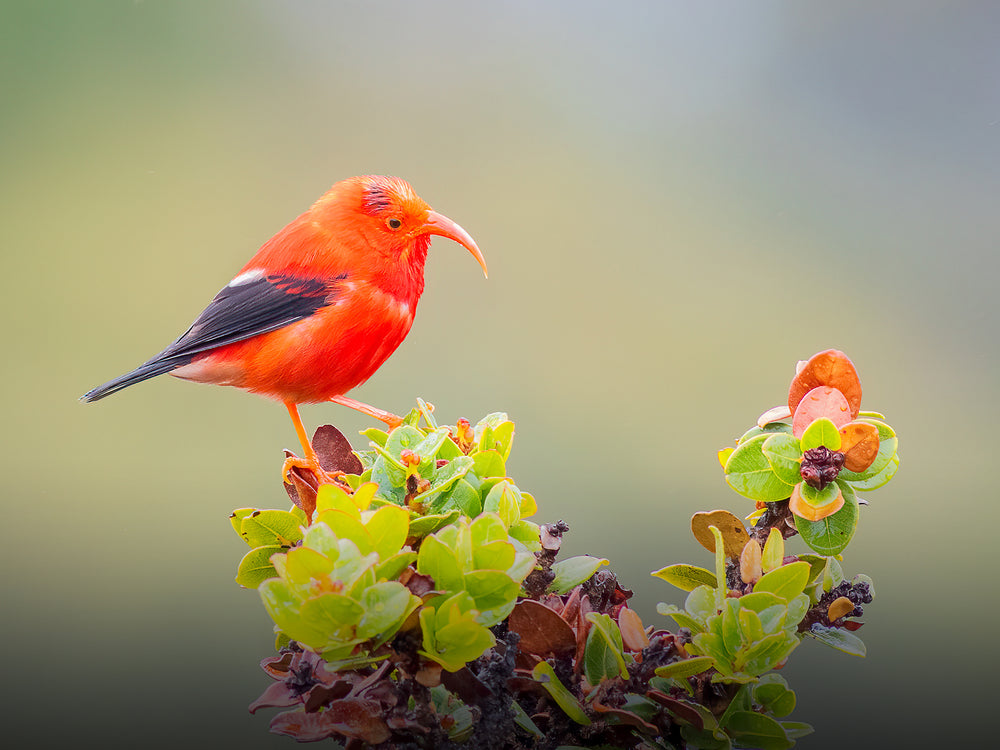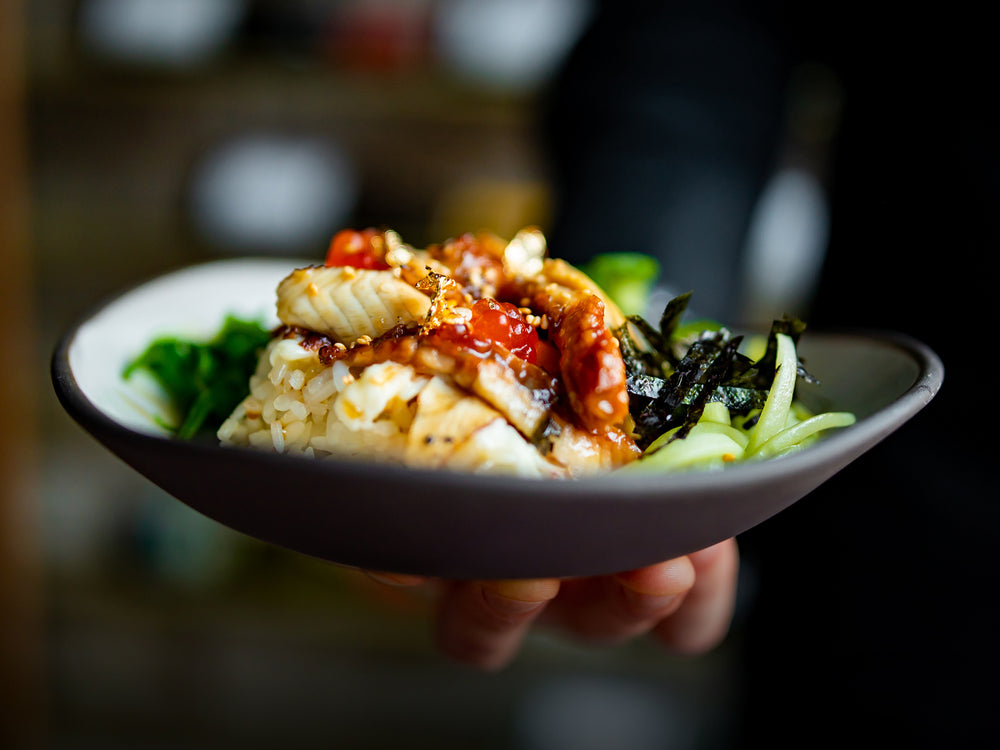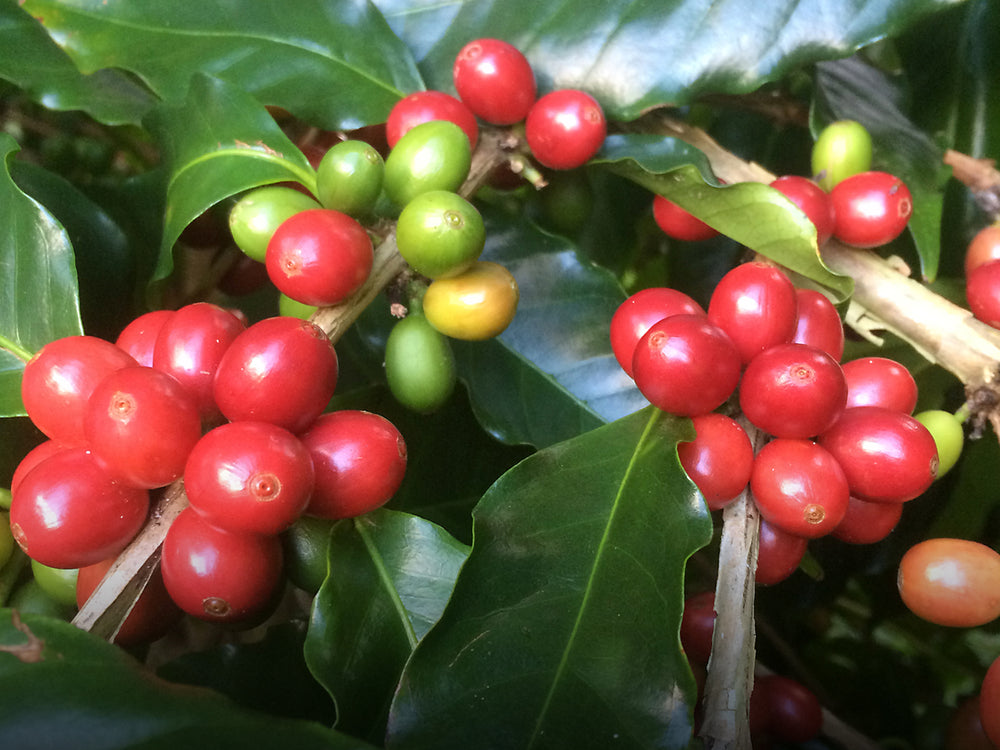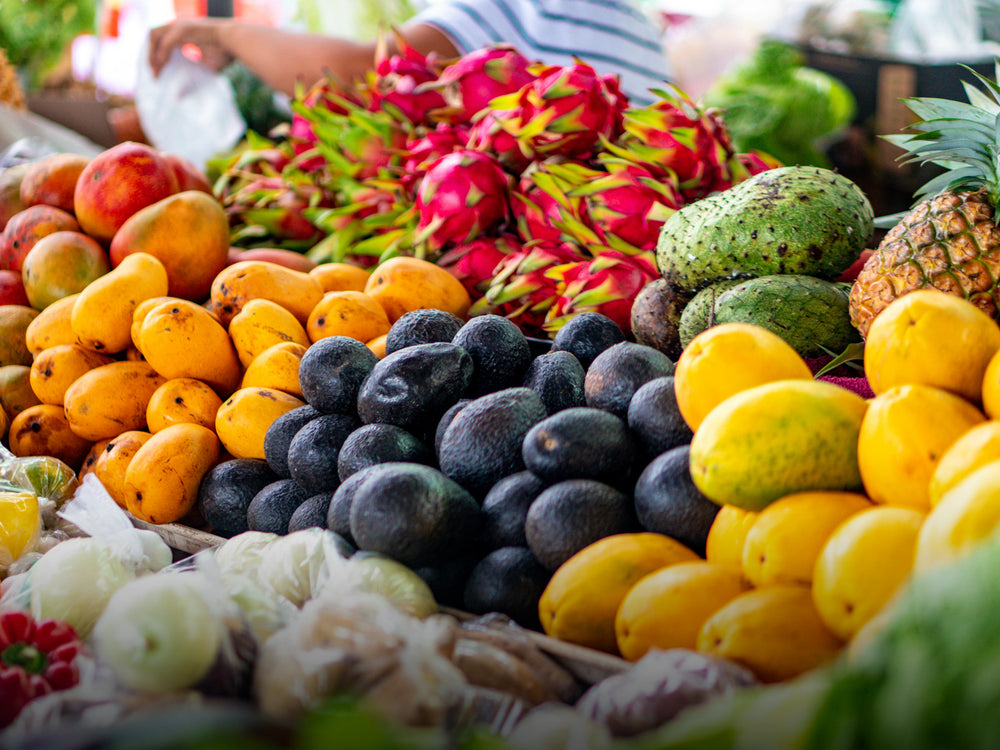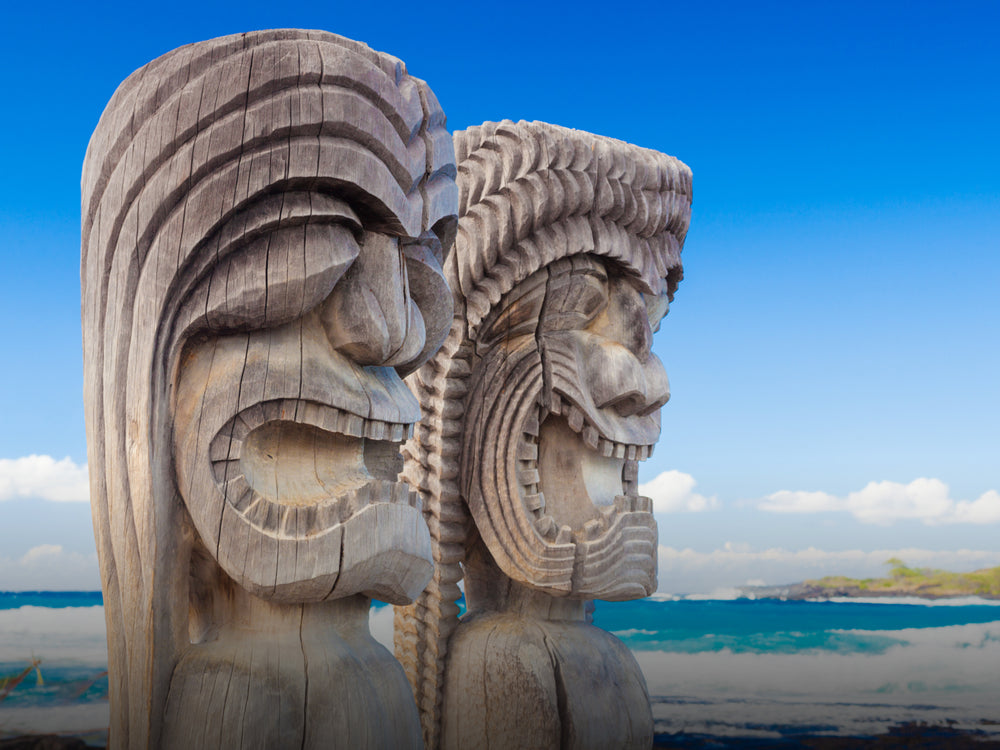The David Gomes Guitar
by Veronica S. Schweitzer

David Gomes
Ki ho'alu, or Hawaiian slack key guitar, is an island tradition. It's more than that. It's the rich expression and reverence for all that life holds: Through its unique finger-picked style and special tunings ki ho'alu tells the story of the Hawaiian islands and its people, past and present. It is music drawn from the heart and the soul. The guitar, the instrument itself, can only be created in that same spirit. The craftsman must live ki ho'alu, deeply fulfilled in his timeless work.
Such a craftsman is David Gomes, musician and guitarmaker for over 25 years. I talk with him in his new dream shop, where he moved in February 1995. It strikes me that this successful man, so busy that any new guitar order will be on hold for two full years, so busy that he spends five to seven hours per day in his shop and then drives an hour to the nearby hotels to play music in the evenings, can be so calm. I soon discover how he does it: He is happy.
David Gomes gets a sparkle in his eyes when he talks about his work. Lovingly he picks up a piece of freshly cut curly koa. Precision marks all his gestures. He takes one of the 6 guitars he is currently working on off its hook, and shows it to me, tracing the delicate mother-of-pearl design, and the mirrored grain pattern on the guitar's back.
Music is what I do, he says. You would think I'd get sick of it. I am like a gyroscope, never losing my balance between the rich physical experience of creating and the more abstract experience of playing.
He grins and carefully puts the guitar back. The large window in his shop looks out on the vast blue Pacific. In the winter while standing at his work bench he can see whales breaching. After working for a quarter century in two dusty rooms on the main highway, Gomes is thrilled with this new shop. It took him five years to build. Fiberglass walls and double paned glass control temperature, humidity, and drafts; a necessity when putting guitars together. His home, which he also built, is on the same property. He lives here with wife Maurine and children Nicole and Tom.
All I want now is to keep on doing what I am doing and to never reach my goal, a perfect guitar. He pauses and smiles at my questioning eyes.
Because, then what? he adds, the passion of a true artist speaking. Most of us would agree that David Gomes reaches perfection with every instrument he creates.
Gomes, who was born in Kohala, builds all sizes of ukeleles and guitars, including steel string, acoustic basses, concert and Classical. Each guitar, he says, takes him 50 to 60 hours to make. Each solitary journey starts with the artful selection of the wood and ends in music.
That's an awesome moment. Here you made it; now you gonna play it. There's so much discipline in both arts; you appreciate it deeply when you know you can do both. It's whole, he says.
Gomes' art is largely influenced by the Spanish master guitar maker Paulino BernabŽ. Attracted to the music of Latin countries, Gomes went to Spain in the early seventies where he spent many hours at the master's shop, talking story and hanging out.
I always thought that guitars were factory produced. Watching Paulino, I realized what one man can do. Back in Hawaii, fiercely independent, Gomes yielded to the irresistible need born from that inspiration, to transform rough wood into beautiful musical instruments.
Practice and intuition guide my work. No electronic device can measure all the variables that create a great guitar. Even the type of glue and finish affect the sound. The wood has to have a vertical grain, it can't be too wild, and it has to be beautiful.
Today's dilemma is that native Hawaiian woods, such as the rich and hard koaie and milo are becoming rare, and endangered. And yet, in the tradition of ki ho'alu, Gomes likes to use wood from where he lives.
Koa is still fairly abundant, Gomes says. Formosan koa (koa's cousin), sandalwood, kiawe and spruce, all grow in Hawaii. Kiawe is one of the best. It's hard, reliable and produces great sound. He adds that, most important, it's also environmentally correct, since kiawe has become a nuisance on the islands, not another beautiful tree which has to be chopped up.
When the Hawaii Loa canoe was built, Gomes got hold of the throw away pieces from the large spruce logs. Plenty mana there, he grins with immense satisfaction.
Ideally I would like to find my wood washed up on Pololu beach. What a natural way for both artisan and tree. I like scavenging for wood. Recently Gomes found an 8 by 2 foot log of curly koa at Pololu! Unfortunately it was unusable. At least this time around.
To supplement his inventory, Gomes searches as far away as Europe and Africa. So far nothing can replace the brilliance of black ebony, deep rosewood or rich flamed mahogany.
A beautiful piece of wood, dis-covered from underneath its thick bark, has to be matched with the finest and richest designs. Gomes adds a custom designed mother-of-pearl or abalone inlay to every guitar. Call it his trademark. With a fine diamond saw he cuts the precious shell into the most intricate shapes. Lustrous maile leis and gracious ginger flowers trail alongside the sound hole and handle.
The final and favorite moment comes with the stringing of the guitar. Now the soulful sound will reflect all the beauty, all the searching, and all the love Gomes put into his labor. His fingers plucking at the string breathe life into his work, and tell of the story of its creation.
A Gomes Guitar is exciting. In the annual Woods of Hawaii Awards in Honolulu, Gomes was awarded a first place two years in a row. In 1994, John Keawe, one of the finest contemporary Hawaiian guitarists, won the Na Hoku Hano Hano Awards playing on a Gomes Guitar.
And more than anything, David Gomes is a musician and world class artist, blood and soul. He loves music. It radiates through his life. It is his life style. Ki ho'alu. While his guitars travel the world they sing the story.
Readers may submit editorial comments to any of our stories by sending an email to les@lbdcoffee.com. We would be happy to attach your comments and feedback to anything we publish online. Thank you for your interest.
Story appeared originally in Coffee Times print magazine and appears online for archival purposes only. Any use or reprinting of these stories without the expressed written consent of the author is prohibited.



